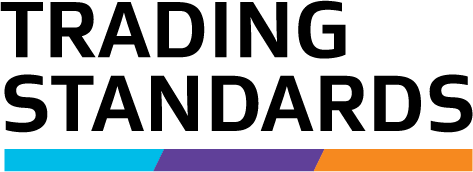Fuel Quality Monitoring Annual Report 2022–23 published
Fuel is of general high quality and the inclusion of marine fuel testing under the Maritime Organization Convention for the Prevention of Pollution from Ships (MARPOL) legislation were highlights of the 2022–23 Fuel Quality Monitoring Programme Annual Report.
Fuel quality: A closer look
As part of our role, Trading Standards administers a comprehensive programme of sampling and assessing the quality of retail fuel sold in New Zealand, ensuring its compliance with the Engine Fuel Specifications Regulations 2011 (the Regulations or EFSR).
Engine Fuel Specifications Regulations 2011 – New Zealand Legislation(external link)
At the end of each year, we compile all the data from sampling and testing, analyse trends or outliers, and publish a report to give an overview of Trading Standards work.
During the 2022-23 period:
- Sampling: 747 fuel samples were collected from fuel service stations, commercial sites, storage terminals, and even ships throughout New Zealand. Sample Types:
-
Routine Samples (515): Regular monitoring to maintain consistent quality.
-
Enquiry, Project, Investigation, and Complaint response samples (173): Addressing specific issues.
-
Marine Fuel Samples (59): Ensuring compliance with marine fuel standards and New Zealand’s international treaty obligations.
-
- Testing: These samples were tested at independent laboratories and the results were then submitted to us for analysis.
- Reporting: Results were analysed and compiled into an annual report.

Annual report highlights
The latest Fuel Quality Monitoring Programme annual report details the:
- general high-quality Fuel in New Zealand: Our nationwide sampling and testing program revealed that the fuel available in New Zealand is of high quality and meets compliance requirements consistently. In the rare instances of non-compliance, Trading Standards works with the supplier to swiftly rectify any issues; and
- results of the first year of marine fuel testing: Since 2022, Trading Standards has actively monitored and supported New Zealand’s compliance with Annex VI of the International Maritime Organization Convention for the Prevention of Pollution from Ships (MARPOL). MARPOL imposes obligations on ship operators regarding emissions and on fuel suppliers in relation to fuel specifications. Maritime New Zealand and Trading Standards are working jointly to oversee and effectively implement marine fuel regulatory controls. In general, Maritime New Zealand is responsible for ‘ship’ side regulatory and operational activity and Trading Standards is responsible for ‘shore’ or ‘supply’ side regulatory and operational activity. This collaborative work has ensured that marine fuel complies with the necessary international standards.
Further information on this marine fuel regulatory work
Read the full Fuel Quality Monitoring 2022–23 Annual Report [PDF, 4.8 MB]
